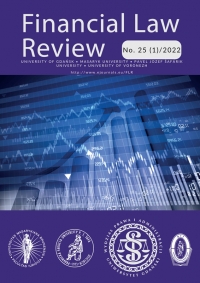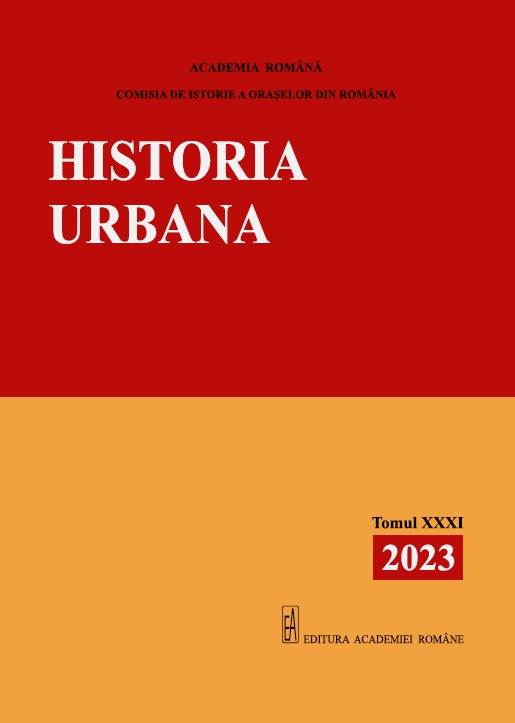
Bank Gospodarstwa Krajowego Funds as Activities Distorting the Principle of Transparency of Public Finances – Selected Issues
Bank Gospodarstwa Krajowego is a Polish development bank – the only such institution in Poland. Its mission is to support the sustainable socio-economic development of Poland. The subject of activity of Bank Gospodarstwa Krajowego is the implementation of tasks related to the management of government and EU funds and programs created, entrusted or transferred to BGK on the basis of laws or concluded agreements. These are in particular tasks related to the operation of over 30 funds and programs, such as the National Road Fund or the COVID-19 Prevention Fund. The activities of the funds of Bank Gospodarstwa Krajowego affect the basic elements of public finance in Poland, e.g. the principle of openness, transparency, detail, unity or transparency. This impact is assessed rather negatively. The above does not change the fact that the funds are an instrument that makes the financial economy more flexible, the practical importance of which has recently increased significantly. This makes it necessary to attempt to standardize the position of the funds in relation to public finance in the current sense. The analysis covered by the study refers in particular to selected Funds of Bank Gospodarstwa Krajowego, i.e. the COVID-19 Prevention Fund and the National Road Fund. The set goal implied the need to use a dogmatic research method, as well as a legal analysis of acts of generally applicable law.
More...








